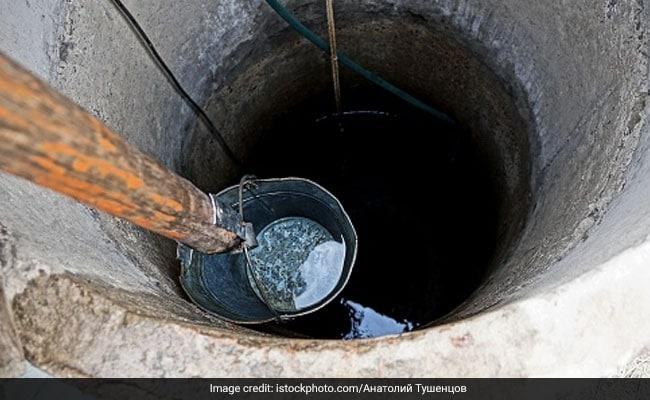
- galaxy
- 22 Oct 2024 06:40 AM
- UraniumContamination, Chhattisgarh, WaterQuality
Recent studies have revealed dangerously high levels of uranium in drinking water sources across six districts in Chhattisgarh, including Durg, Rajnandgaon, Kanker, Bemetara, Balod, and Kawardha. Testing indicates uranium concentrations ranging from 86 to 130 micrograms per litre, well above the World Health Organization's recommended limit of 15 micrograms per litre. This contamination poses serious health risks, including increased chances of cancer, kidney disease, and pulmonary conditions.
The issue of uranium in groundwater is not confined to Chhattisgarh; it has been identified in multiple states across India, raising concerns about public health and agricultural productivity. The findings were confirmed by local health authorities and academic institutions, highlighting the urgent need for intervention.
In a promising development, researchers at the Bhilai Institute of Technology have found that the bark of the amla tree could serve as an effective filter for uranium in contaminated water. This bio-adjusting technique, although patented, has not yet been widely implemented, emphasizing the need for immediate action to address this public health crisis.
With Chhattisgarh hosting significant uranium deposits, it is crucial to explore and adopt effective solutions for water purification to safeguard the health of its residents.





































